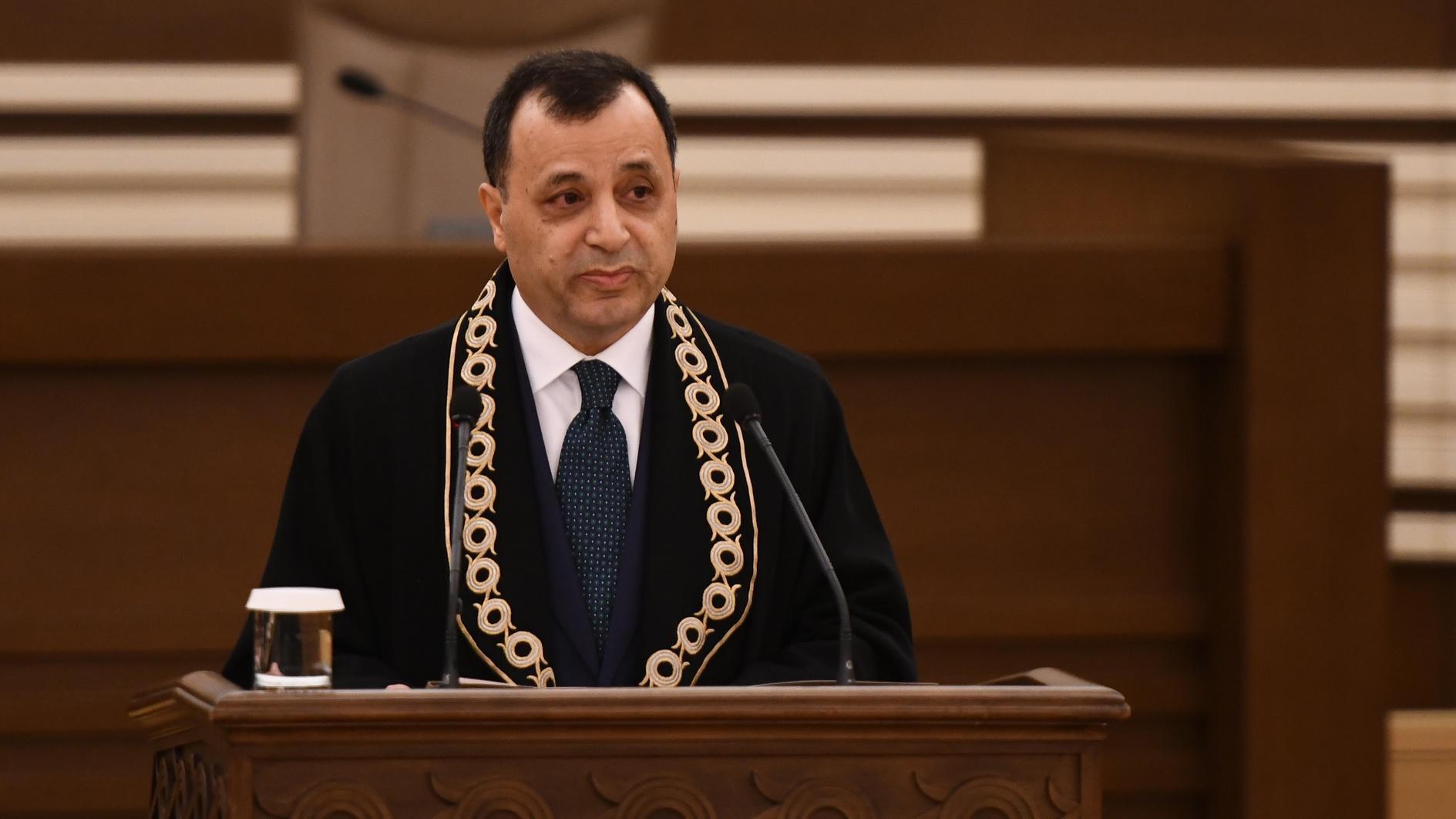Tsipras adds more ministers to ‘finish the difficult marathon’
If there is one electoral promise that most political leaders in Greece failed to honor once elected to power, it is the size of their cabinet. As far as I remember, the commitment for a smaller, more efficient and less costly cabinet was the common denominator of all Greek parties’ programs. But it was a promise to be quietly forgotten once an electoral victory brought second thoughts on the structure of the government, or rather on how to balance the running of the government without leaving out close party associates.
The Leftist Syriza-led government was no exception. Syriza’s meteoric rise to power in two general elections last year in January and September was seen as a sign that the Greeks wanted to have a permanent break with the past and were counting on this new, leftist party to manage the country. A small, efficient and agile leftist-led cabinet was to work hard to carry out the tough task of getting the economy going within the straight jacket of the bailout program agreed with Greece’s creditors (EU, ECB and IMF). The number of ministers in the first cabinet of the coalition of Syriza and their minor conservative partners, the Independent Greeks, was just 18, among whom the famous or infamous by now, the former Economy Minister, Yanis Varoufakis. That was a big break compared to the crowded cabinet of the previous Samaras government of 46 members!
Albeit small in number that the government did not prove effective and could not manage to live up to its overambitious electoral promises under the extreme pressure and mistrust of its EU partners. So, when a controversial referendum led to a second ballot in September that brought back Alexis Tsipras’ party in to power, the President of the European Parliament with some exasperation commented on social media, “Now a solid government ready to deliver is needed quickly.”
Martin Schultz’s urgent wish to see quick results from the new Tsipras government perhaps did not imply that it should increase its political personnel, yet the new cabinet rose to 14 ministers, and the number of ministers, deputy ministers and assistant ministers reached the number of 46, again!
Admittedly, the task of that populous cabinet was extra demanding, particularly for the ministries related to the economy, energy and labor, as these ministries were to oversee the application of the new harsher bail-out agreement the new government secured with its creditors. As it turned out, the second term of Tsipras’ government faced more problems than it anticipated. The government had to battle with the ever increasing demands from Brussels, Berlin and New York but was unable to reduce its heavy toll on the income and daily lives of the Greeks. But it also fought and mostly lost several battles on other fronts that could have waited for later. It attempted a major educational reform program that placed it on a near collision course with the powerful Orthodox Church. It tried to regulate the unruly media sector operating for 27 years virtually without legal broadcasting licensing. It attempted to curb corruption but could not catch the “big sharks”.
Facing with a continuous drop in the popularity of the party and probably after seeing that his personal appeal started to fade, the Greek prime minister attempted another reshuffle last Saturday. This time the number of ministers reached 48, and four new ministries were added. The leftist troublemakers of the last government who resisted structural reforms were left out; non-elected young professionals and aged academics were given key ministries. The aim is the successful completion of the current bailout agreement, which ends next March, the restructuring of the country’ public debt, and new investments. This is a cabinet that might please Brussels and Berlin, and hopefully some investors.
Talking yesterday during the first meeting of the new cabinet, Tsipras said to his new ministers, “We are at the last few meters of a difficult marathon.”
Will this cabinet achieve what you need in a marathon: A final burst of energy and focus on the target?
Critics of the government are not hopeful.











